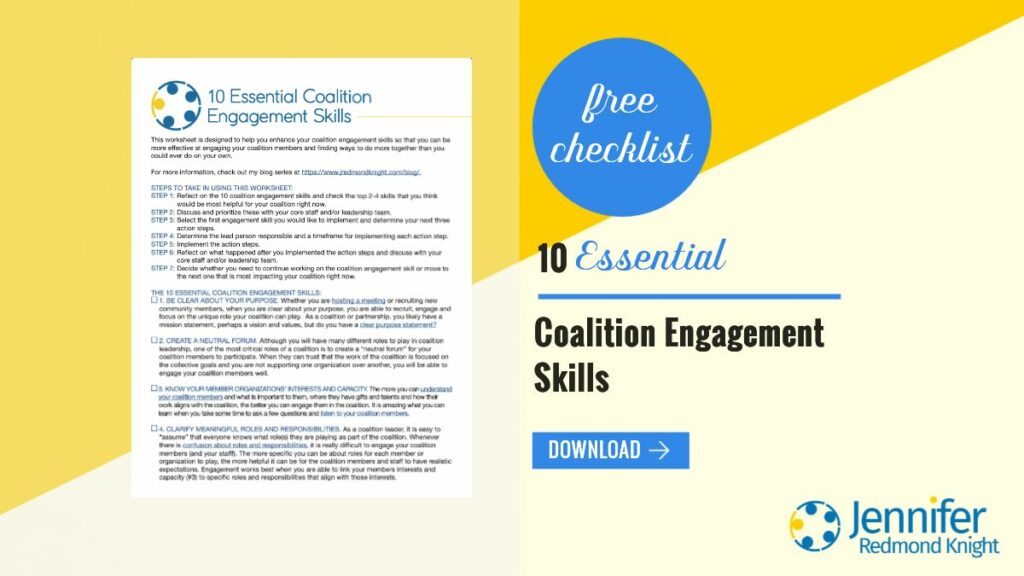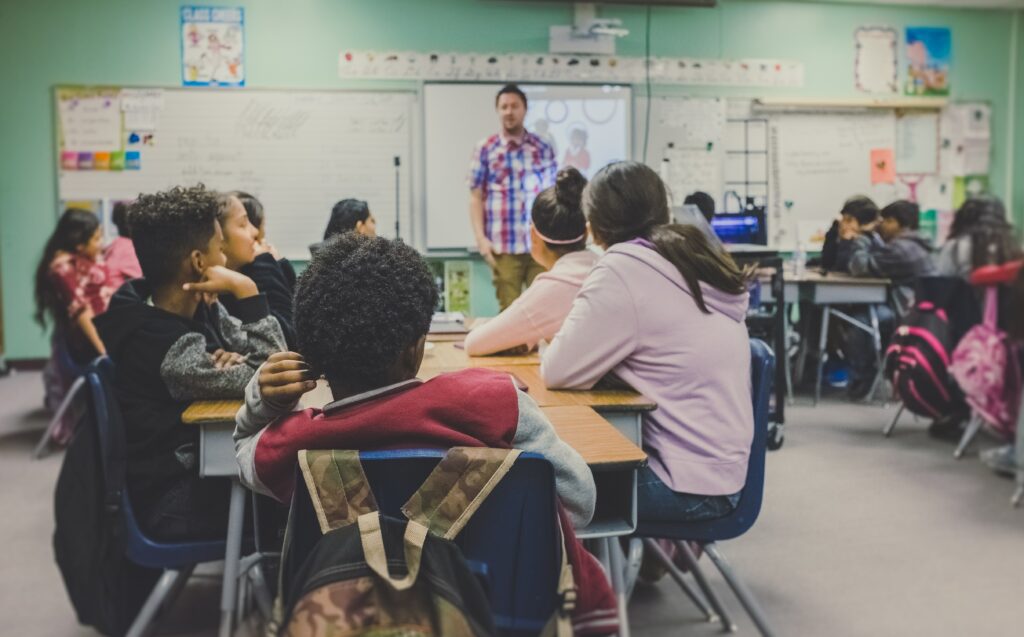One of my favorite “guiding principles” when facilitating a meeting is that we can all be a “teacher of others and learner from others.” I don’t know about you but I have had the opportunity to learn a lot from others – and I keep learning a lot. From mentors to friends to strangers, if we pay attention, we will learn new things and will be reminded of things that we may have learned at one point but needed to learn again. So how can we get better at being both a teacher and a learner? Join me this week as I highlight at least 3 characteristics in order to improve our skills at being a teacher of others and a learner from others.
Humility.
This is critical if we are going to both teach others and learn from others. We must recognize that we don’t know it all and we never will. As a matter of fact, the more we know, the more we realize there is a lot we don’t know. When we are humble, we realize that others have a lot to teach us and can more easily work with others. Since leading coalitions and partnerships is all about working with others, this is particularly important. Humility helps us recognize that we need to find mentors and take the time to learn from them. Humility also helps us admit when we are wrong or when we don’t have the answer. In my experience, humility is an essential characteristic to finding answers to complex solutions. When each member of a team is humble, we can see the value of one another’s ideas and perspectives and can work together to figure out the best solution without getting distracted by who has the best idea or will get the most credit. One of the concepts of humility that I have also recently begun to understand is “cultural humility” focusing on reflecting and being open about what we haven’t learned yet.
Openness.
This trait is very connected to humility. When we are open, we are able to receive new information or different information than what we already know. Openness creates room for ideas to grow and partnerships to develop. Openness recognizes that there may be other ways of doing what we have always done and that some of those ways may even be better than the ways we have always done it. When we are willing to be open, we are more easily able to work with others. One of the most discouraging experiences in a team dynamic is when one member of the team is unwilling to consider any other options except for her own idea. It may prevent the team from moving forward on a decision or it may result in a decision that prevents the team from achieving its collective goals. On the other hand, when each member of the team is open, we are able to carefully evaluate the pros and cons and move forward together. And if the team does not meet the collective goal, openness helps the team members realize that we can learn from what didn’t work well too. One of my favorite new books that encourages openness is Adam Grant’s book, Think Again.
Proactivity.
If you have been with me for a while, you know that I’m a big fan of Stephen Covey’s 7 Habits of Highly Effective People. The first habit is Be ProactiveⓇ. When we are proactive, we take responsibility for ourselves and our learning. We take responsibility for what we are teaching others and how our words and actions impact others. Most of us have the “freedom to choose” how we respond to a situation and whether we learn something from it. When we are proactive, we take time to reflect on a situation and consider what worked well and what could be improved. When working in coalitions, we recognize that we might contribute to both the problem and the solution. We are willing to boldly, yet respectfully, challenge the person who is unwilling to be humble or open for the sake of the collective mission and goals of the team. When we are proactive, we seek out mentors, ask lots of questions and actively listen. We also recognize when we have expertise in a situation and are willing to provide that expertise. Alternatively, we recognize when we do not have expertise and we are willing to seek out those who do – and listen to what they recommend!
So what about you? Which of these (or other) characteristics have helped you become a better teacher of others and learner from others?
If you enjoyed this post, you may also enjoy one of my favorite free resources, 10 Essential Coalition Engagement Skills.

Photo by Kenny Eliason on Unsplash

